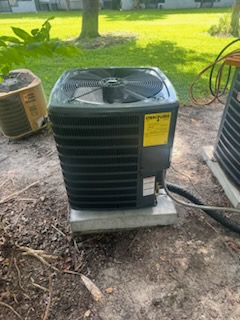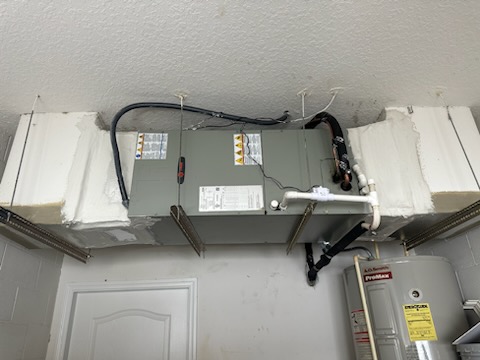Emergency AC Repair: When to Call the Experts
Emergency AC Repair: When to Call the Experts
Blog Article
The Benefits of Professional AC Repair Services
Heating, Ventilation, and Air Fitness (HVAC) techniques are important for sustaining comfort in houses and businesses. However, like all mechanical techniques, they can falter over time. Determining early signals of trouble can save you from costly repairs and assure the body goes efficiently. Here's how to identify as soon as your Hvac repair program needs restoration:

Signs Your HVAC Program Wants Restoration
There are many signals that your HVAC process might need repair. Some are more clear than the others, but it's vital that you look closely at any changes in your system's performance. Ignoring potential dilemmas may cause to further injury and costly fixes down the line.
Uncommon Sounds
One of the most visible signals that your HVAC system wants restoration is strange disturbances from the unit. In the event that you hear slamming, clanging, or grinding seems, it might suggest that there's a loose or damaged portion within the system. It's crucial not to dismiss these tones and keep these things checked out with a professional the moment possible.
1. Sudden Upsurge in Power Costs
One of the very obvious signs your HVAC program may need restoration is an immediate spike in power bills. If your power use hasn't transformed somewhat, but your bills have improved, it might suggest that the system is functioning tougher than it should. This usually occurs because of wear and rip or components that want maintenance. Addressing the problem instantly can prevent further efficiency deficits and higher costs.
2. Unusual Disturbances
HVAC systems perform with a certain level of background sound, but uncommon seems like rattling, knocking, squealing, or grinding shouldn't move unnoticed. These disturbances can show loose components, supporter dilemmas, or engine problems. Ignoring them could lead to substantial damage, turning an inexpensive correct into an expensive restoration job.
3. Poor Ventilation or Uneven Conditions
If ventilation from your own HVAC is noticeably weaker or some rooms experience also cold or hot while others are comfortable, it might mean that your system's blower or ductwork is compromised. Such dilemmas can base from a clogged filtration, duct leak, or declining compressor. Fast interest may ensure your property retains consistent ease levels.
4. Weird Scents
An unpleasant scent coming from your ports is never a good sign. A musty scent may indicate form development within the machine, while burning or smoky odors can point out electric or mechanical issues. These odors shouldn't be ignored as they could present health threats or lead to program failure.
5. Repeated Cycling or Trouble Starting
Does your HVAC process turn on and down more often than normal? Or does it struggle to start at all? These problems can indicate a problem with the thermostat, wiring, or other central components. Continuous biking wastes power and increases wear on the system, leading to more significant breakdowns if left unaddressed.
6. Excess Moisture or Water Build-up

Your HVAC system is accountable for sustaining proper indoor moisture levels. If you notice exorbitant water near the system or feel extraordinarily large humidity indoors, it could suggest the system is malfunctioning. Refrigerant leaks or blocked drainage are normal culprits, and they want quick qualified evaluation.
Final Thoughts
Your HVAC program is a critical expense in house ease and power efficiency. Recognizing early warning signs and acting easily will help reduce costly breakdowns and increase the lifespan of your system. Be aware of these issues and consult a certified HVAC tech when you notice any of them. Hands-on attention nowadays can save you time, income, and strain tomorrow. Report this page